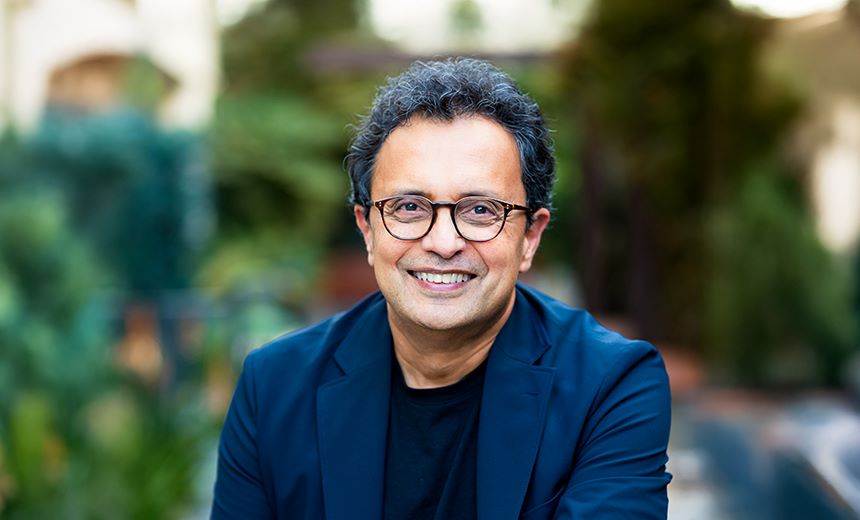Agentic AI
,
Artificial Intelligence & Machine Learning
,
Next-Generation Technologies & Secure Development
CEO Hitesh Sheth: New AI Offerings Boost Efficiency, Address Modern Network Needs
Vectra has made AI integral to its architecture and platform by using it to simulate the functions of a human security analyst, said CEO Hitesh Sheth.
See Also: Delivering ROI on AI: How AI transforms customer support efficiency
The company’s AI can evaluate and filter incoming signals, connect seemingly unrelated data points to provide contextual insights and identify the most critical threats or affected assets, Sheth said. With an AI-based system that doesn’t face fatigue and resource limits, companies can improve SOC efficacy by up to 77%, dramatically boosting detection speed and accuracy while easing pressure on security teams (see: AI’s Role in Cybersecurity: Opportunity or Emerging Threat?).
“If you think about what an analyst has to do, they get a boatload of signal coming in,” Sheth said. “And then, ‘How do you make sense of that signal?’ And this is where, from a workflow point of view, agentic AI can play a really big role. So, the agents we announced were around triaging signal and stitching AI. So, that’s stitching different signals that are relevant together.”
In this video interview with Information Security Media Group, Sheth also discussed:
- What’s fueling enterprise demand for broader telemetry and native capabilities;
- How to address lift-and-shift and platform-as-a-service use cases around Microsoft Azure;
- Why there’s growing concern from CISO around unmanaged AI tools in the enterprise.
Prior to joining Vectra AI in 2012, Sheth spent three years as COO at Aruba Networks. He joined Aruba from Juniper Networks, where he served as executive vice president and general manager for its switching business and before that, senior vice president for the Service Layer Technologies group, which included security. Prior to Juniper, Sheth held senior management positions in a seven-year run at Cisco.

